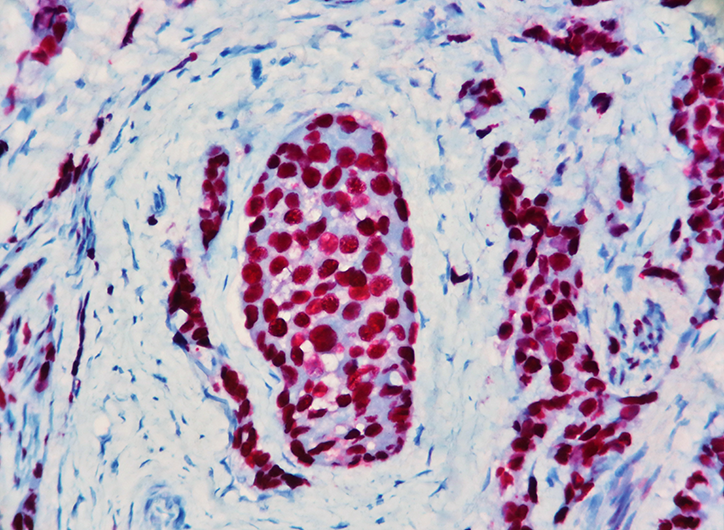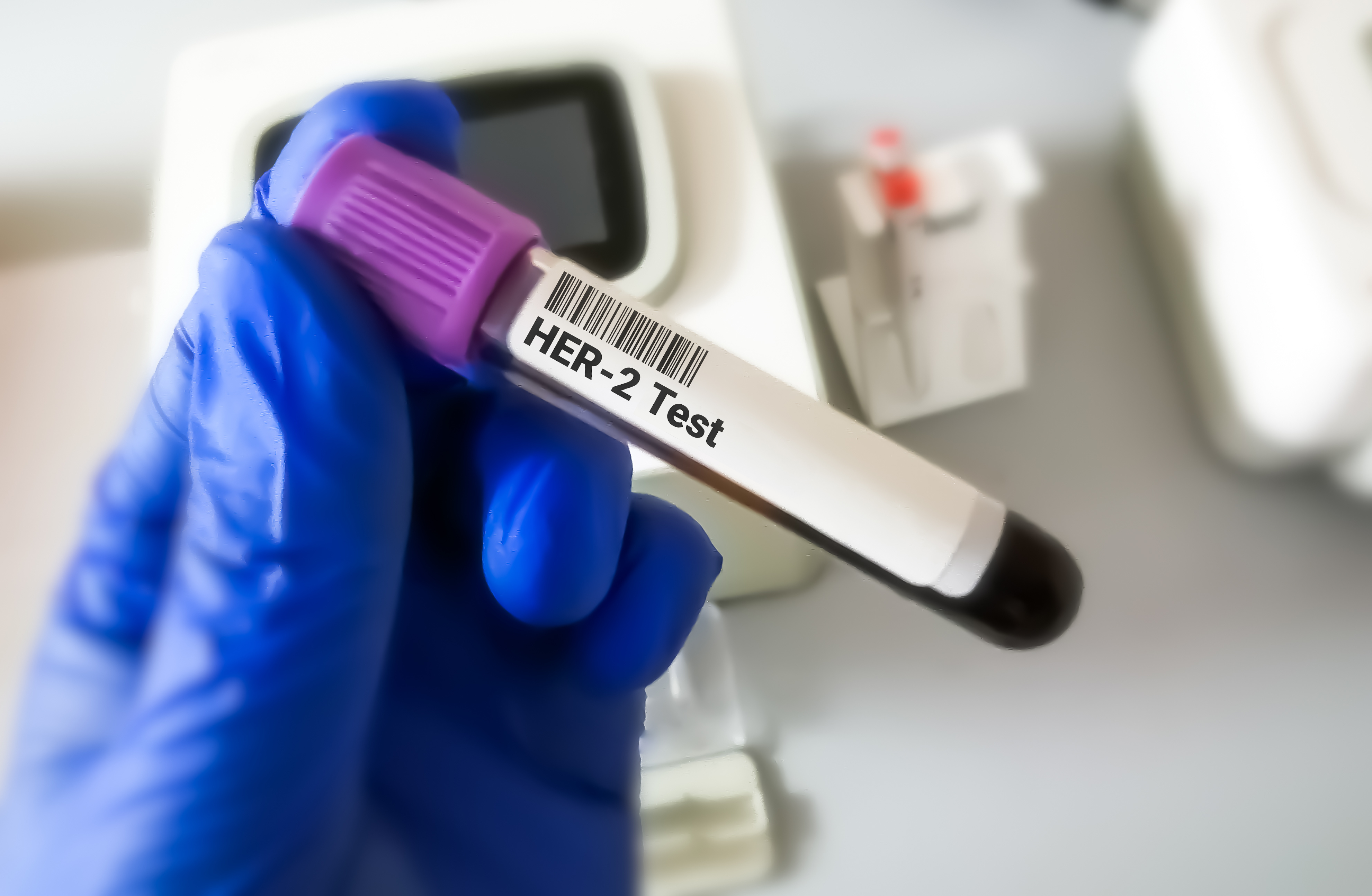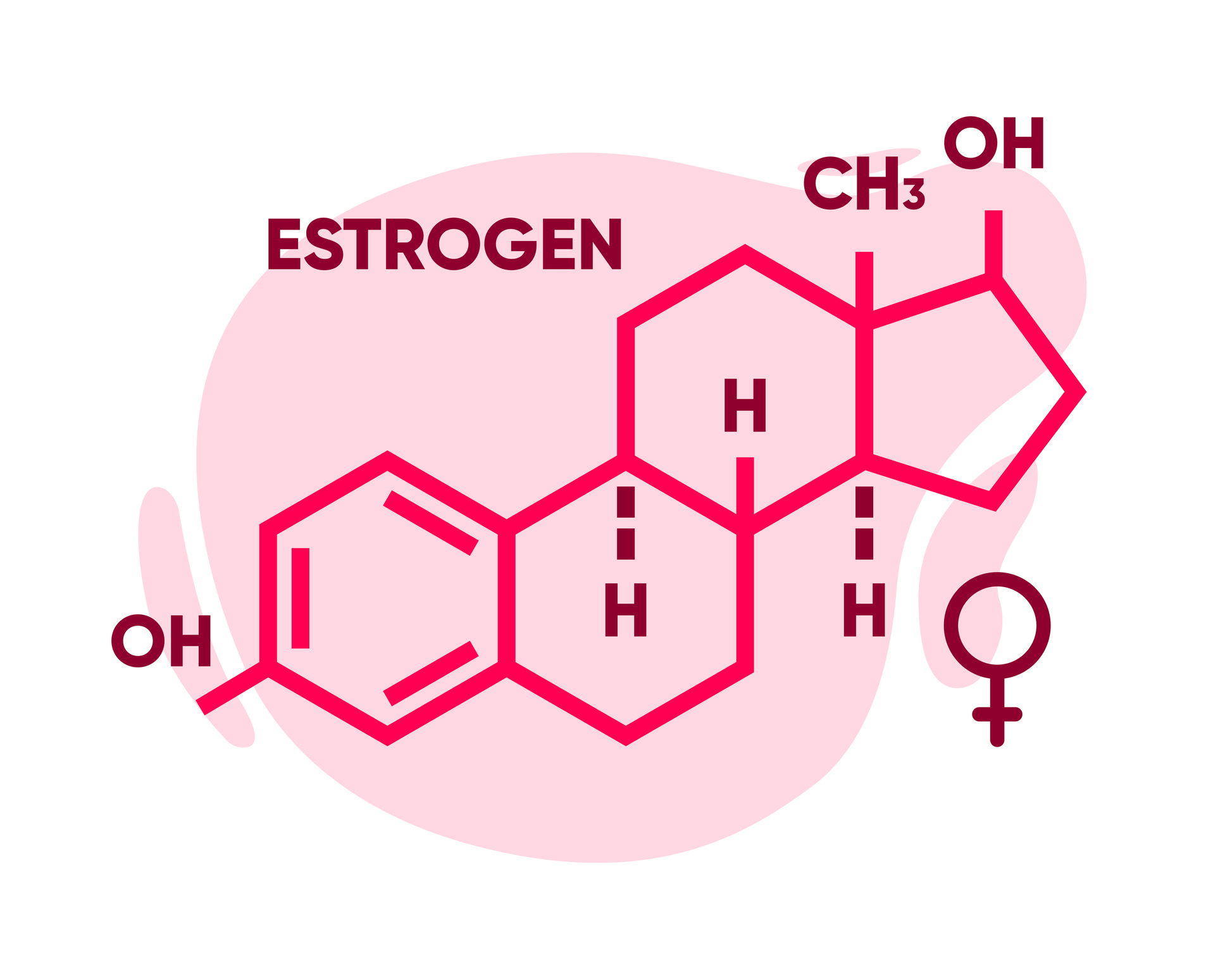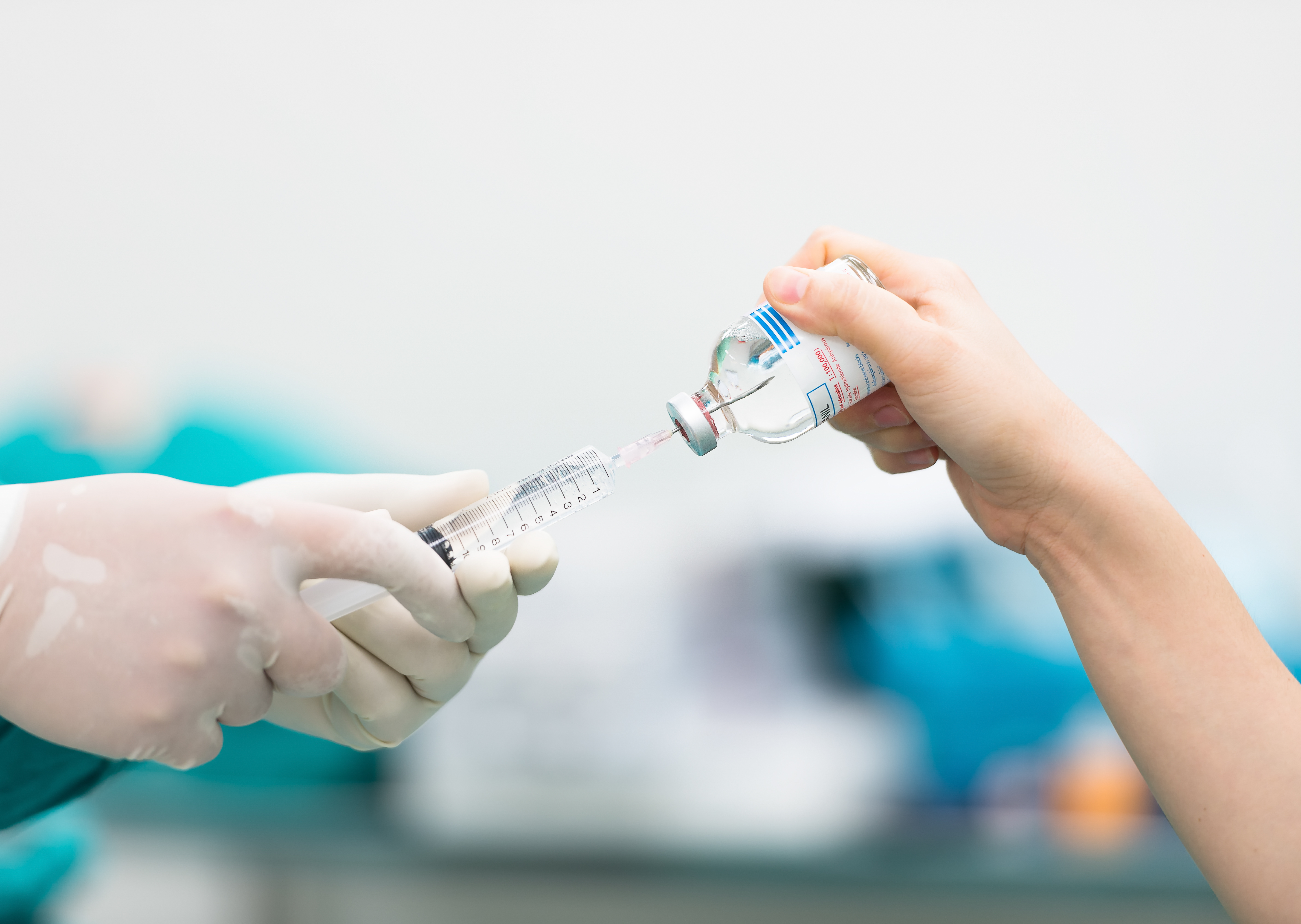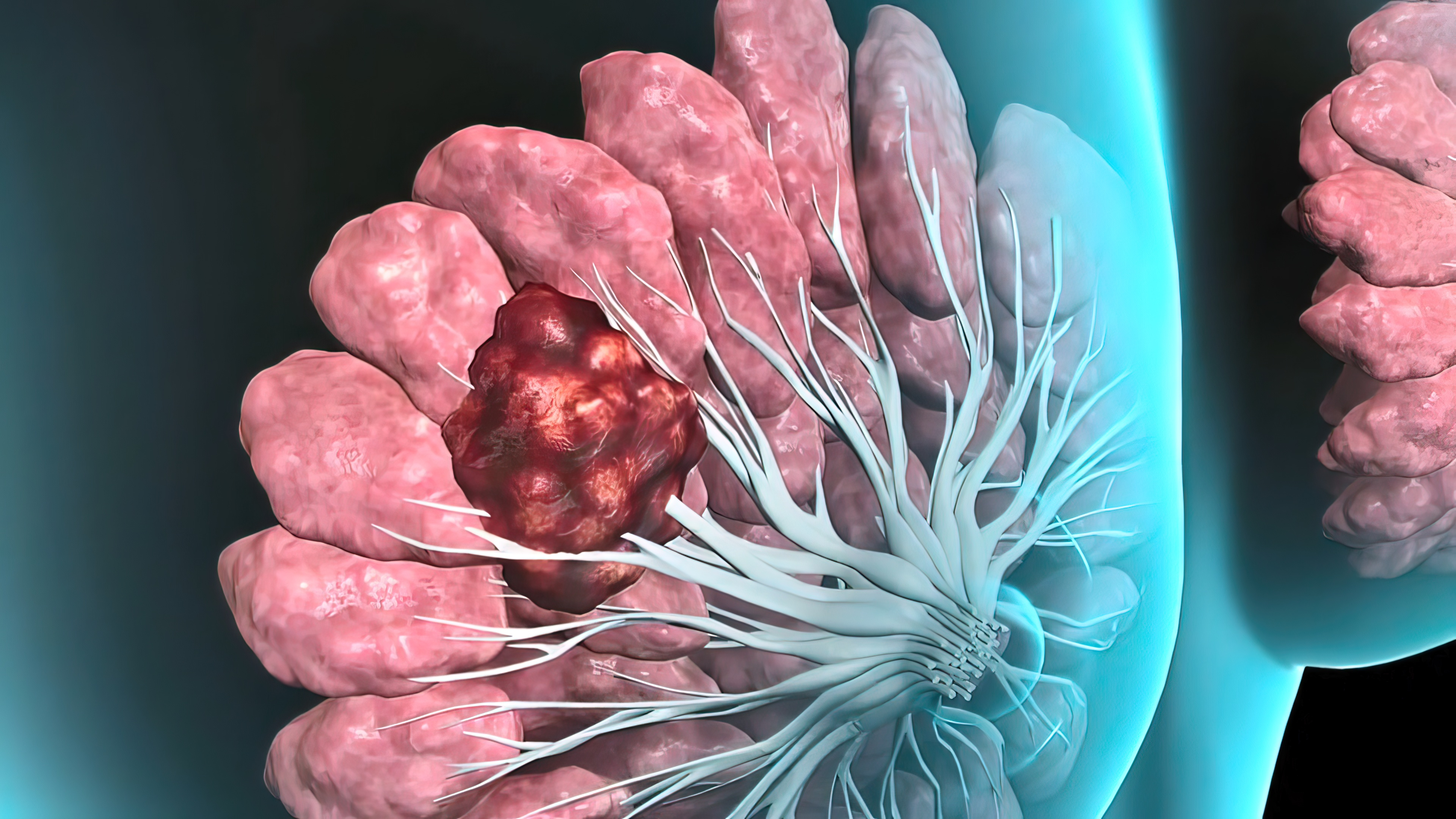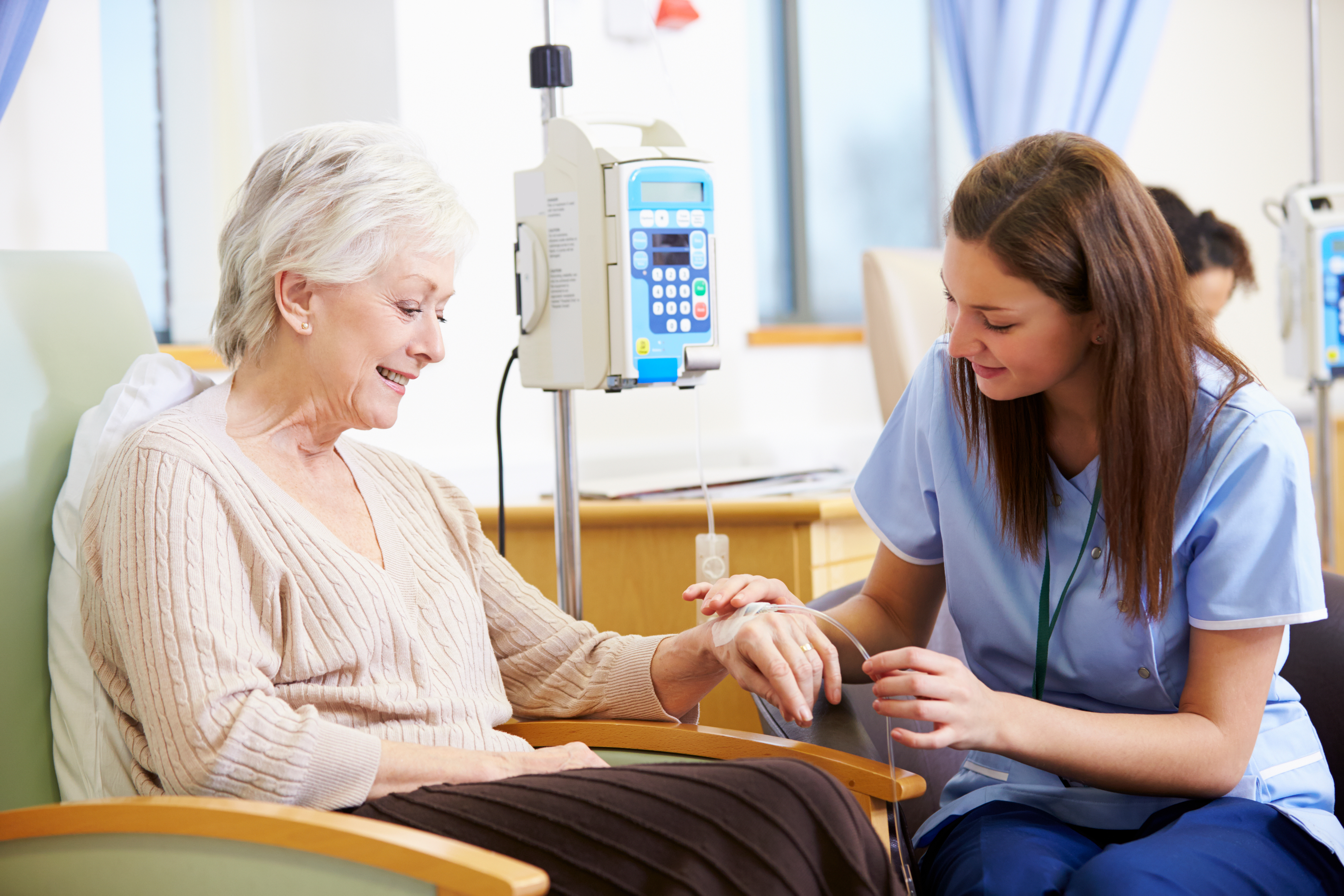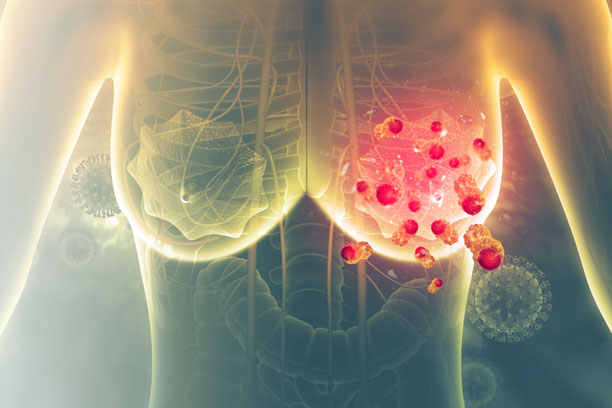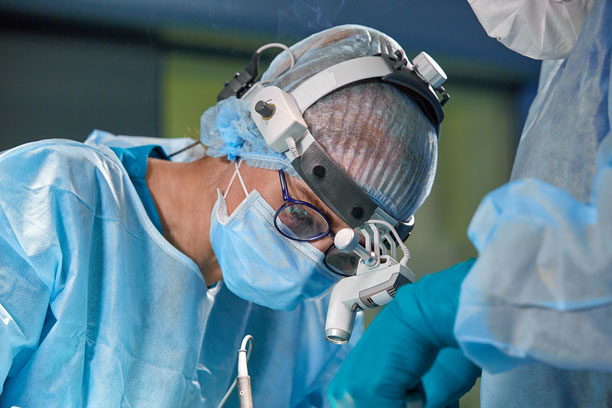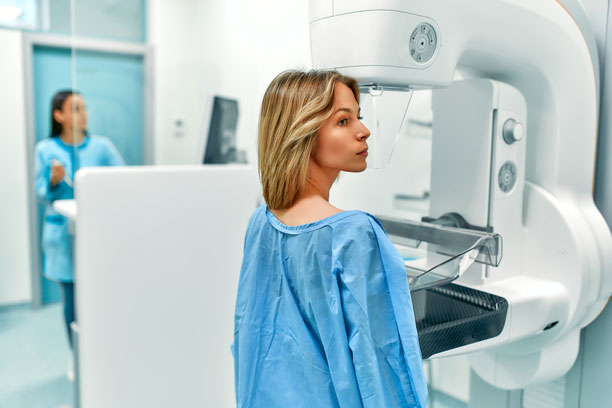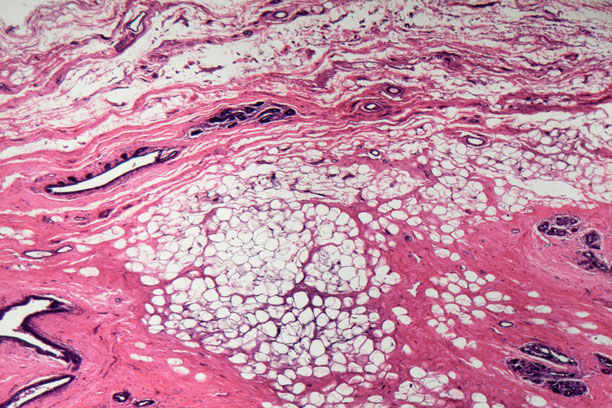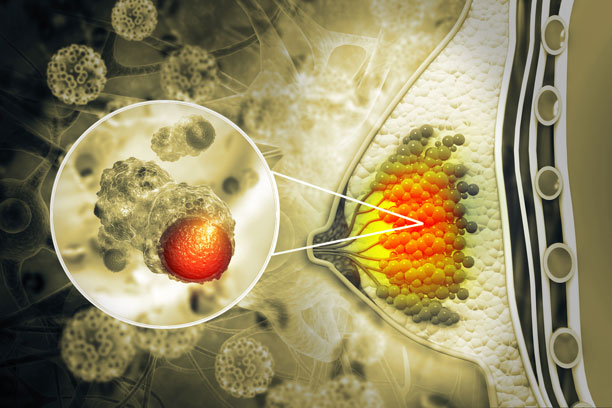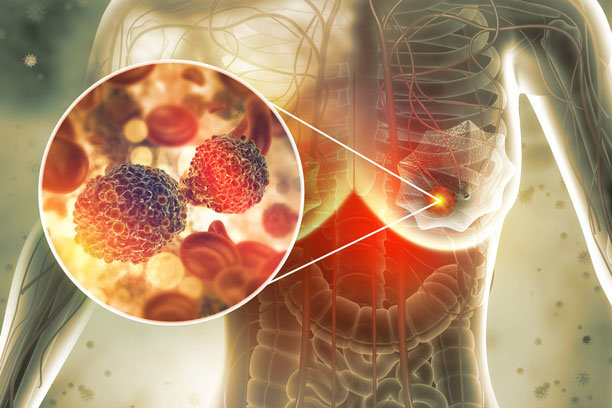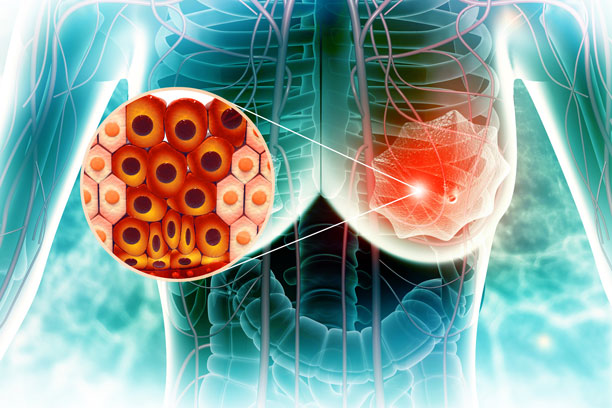Focus On Breast Cancer
Managing a Long and Winding Road: Estrogen Receptor–Positive Breast Cancer
We review key topics in the management of estrogen receptor (ER)–positive human epidermal growth factor receptor 2–negative breast cancer. The single biggest challenge in management of this disease is late relapse, and we review new methods for identifying which patients are at risk of late relapse and potential therapeutic approaches in clinical trials.
Podcast: Managing the Side Effects of Endocrine Therapy for Breast Cancer
Drs. Hope Rugo and Kristin Rojas discuss advances in the management of menopausal symptoms, fertility preservation, and bone health for women on endocrine therapy for breast cancer.
Podcast: SONIA, NATALEE, and Other Advances in Breast Cancer at ASCO23
Drs. Allison Zibelli and Arielle Heeke discuss the NATALEE trial’s novel approach to high-risk HR+ breast cancer, the potential of delaying CDK4/6 inhibitors in HR+, HER2-negative mBC to decrease toxicities and costs in the SONIA trial, and de-escalation strategies in HER2+ early-stage breast cancer.
Early-Stage Triple-Negative Breast Cancer Journey: Beginning, End, and Everything in Between
Triple-negative breast cancer (TNBC) is a very heterogeneous and aggressive breast cancer subtype with a high risk of mortality, even if diagnosed early. The mainstay of early-stage breast cancer includes systemic chemotherapy and surgery, with or without radiation therapy.
Not Too Little, Not Too Much: Optimizing More Versus Less Locoregional Treatment for Older Patients With Breast Cancer
Although undertreatment of older women with aggressive breast cancers has been a concern for years, there is increasing recognition that some older women are overtreated, receiving therapies unlikely to improve survival or reduce morbidity.
Managing a Long and Winding Road: Estrogen Receptor–Positive Breast Cancer
We review key topics in the management of estrogen receptor (ER)–positive human epidermal growth factor receptor 2–negative breast cancer. The single biggest challenge in management of this disease is late relapse, and we review new methods for identifying which patients are at risk of late relapse and potential therapeutic approaches in clinical trials.
ASCO-CAP Guideline Update Confirms Previous Recommendations for HER2 Testing in Breast Cancer
In partnership with the College of American Pathologists (CAP), ASCO has affirmed findings from its 2018 practice guideline on the use of HER2 testing in breast cancer.
Advances in the Management of Menopausal Symptoms, Fertility Preservation, and Bone Health for Women With Breast Cancer on Endocrine Therapy
In patients with hormone receptor–positive early-stage breast cancer, adjuvant endocrine treatment administered for up to 5-10 years after diagnosis significantly reduces the risk of recurrence and death.
Role of Immunotherapy in Breast Cancer
The advent of immunotherapy, particularly immune checkpoint inhibitors (ICIs), has revolutionized the treatment of solid tumor malignancies. In breast cancer, the most robust data to date for ICI exist for triple-negative breast cancer (TNBC).
OPTIMAL Breast Cancer Care: Effect of an Outpatient Pharmacy Team to Improve Management and Adherence to Oral Cancer Treatment
Since the approval of cyclin‐dependent kinase 4/6 inhibitors in 2015, this oral cancer (OC) therapy has been combined with oral endocrine therapy as first-line treatment in metastatic hormone receptor–positive breast cancer, adding unique toxicity and complexity to the successful administration of this oral medication.
Low-Intensity Adjuvant Chemotherapy for Breast Cancer in Older Women: Results From the Prospective Multicenter HOPE Trial
Older women with high-risk early breast cancer (EBC) benefit from adjuvant chemotherapy, but their treatment is frequently complicated by toxic side effects, resulting in dose reductions and delays.
Recent Advances in Adjuvant Endocrine Therapy in Estrogen Receptor–Positive, Human Epidermal Growth Factor Receptor 2–Negative Breast Cancer
Approximately 70% of newly diagnosed breast cancers are early-stage, estrogen receptor–positive (ER-positive) and human epidermal growth factor receptor 2–negative (HER2-negative). With optimal adjuvant systemic therapy, including 5-10 years of adjuvant endocrine therapy (ET) with either tamoxifen or an aromatase inhibitor, most patients will be cured, and mortality from breast cancer has declined by over one-third in the past 3 decades.
Biomarkers for Cyclin-Dependent Kinase 4/6 Inhibitors in the Treatment of Hormone Receptor-Positive/Human Epidermal Growth Factor Receptor 2-Negative Advanced/Metastatic Breast Cancer: Translation to
Cyclin-dependent kinase 4/6 (CDK4/6) inhibitors have emerged as effective treatments for patients with hormone receptor–positive (HR+)/human epidermal growth factor receptor 2–negative (HER2–) advanced/metastatic breast cancer (mBC).
Personalizing Adjuvant Endocrine Therapy for Early-Stage Hormone Receptor–Positive Breast Cancer
Endocrine therapy has undergone major changes in the past few years, and is no longer a “one-size-fits-all” prescription. This article discussed some of the new developments and directions.
Treatment of Breast Cancer in Young Adults
Although breast cancer is rare and understudied in adults age 40 and younger, recent epidemiologic data show an increasing incidence of breast cancer among young women in the United States and ongoing inferior long-term outcomes.
Cyclin-Dependent Kinase 4/6 Inhibitor Outcomes in Patients With Advanced Breast Cancer Carrying Germline Pathogenic Variants in DNA Repair–Related Genes
In recent years, unprecedented benefits have been observed with the development of cyclin-dependent kinase (CDK) 4 and 6 inhibitors for the treatment of hormone receptor–positive/human epidermal growth factor receptor 2–negative metastatic breast cancer.
Improving Outcomes for High-Risk Hormone Receptor–Positive Breast Cancer With CDK Inhibition
The Oncology Grand Rounds series is designed to place original reports published in the Journal into clinical context. A case presentation is followed by a description of diagnostic and management challenges, a review of the relevant literature, and a summary of the authors’ suggested management approaches.
Treatment Exposure and Discontinuation in the PALbociclib CoLlaborative Adjuvant Study of Palbociclib With Adjuvant Endocrine Therapy for Hormone Receptor–Positive/Human Epidermal Growth Factor Recept
The PALLAS study investigated whether the addition of palbociclib, an oral CDK4/6 inhibitor, to adjuvant endocrine therapy (ET) improves invasive disease-free survival (iDFS) in early hormone receptor-positive (HR+), human epidermal growth factor receptor 2-negative (HER2–) breast cancer. In this analysis, we evaluated palbociclib exposure and discontinuation in PALLAS.
Standard of Care in Hormone Receptor–Positive Metastatic Breast Cancer: Can We Improve the Current Regimens or Develop Better Selection Tools?
The last few decades witnessed remarkable advancements in the treatment of estrogen receptor–positive (ER+) metastatic breast cancer (MBC). The identification of the ER pathway, as well as consequently the development of safe and effective targeted therapies, has expanded the range of available effective treatments.
